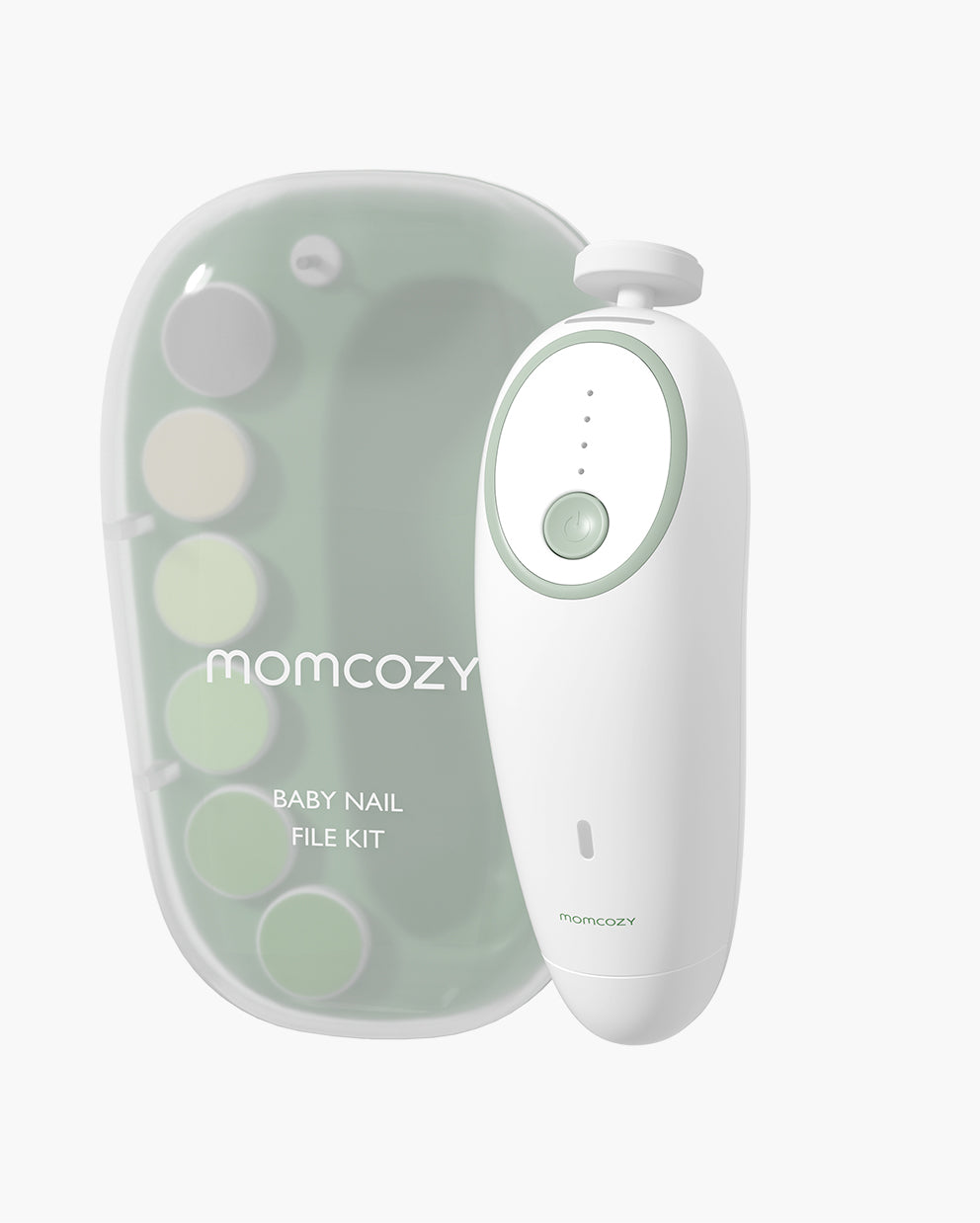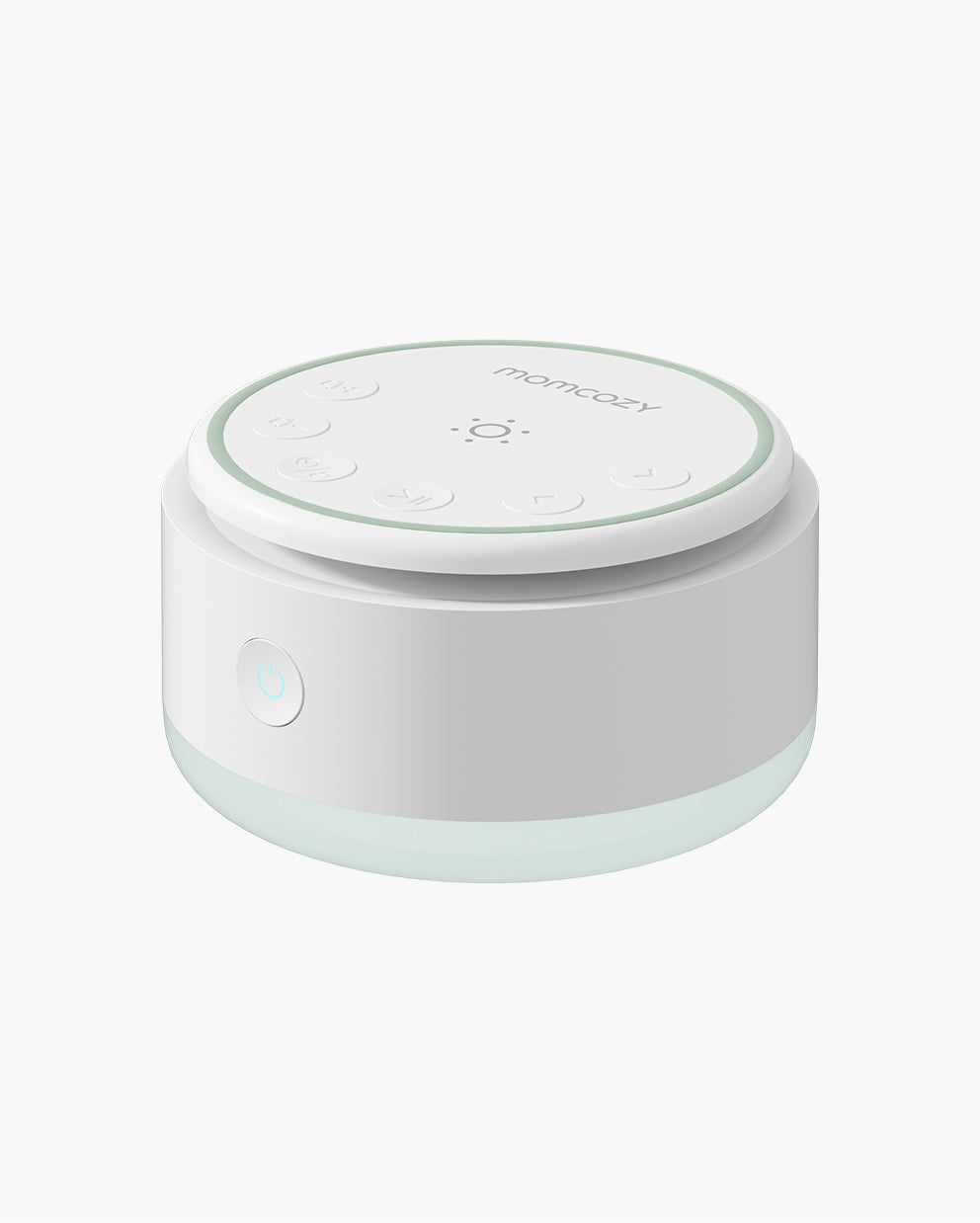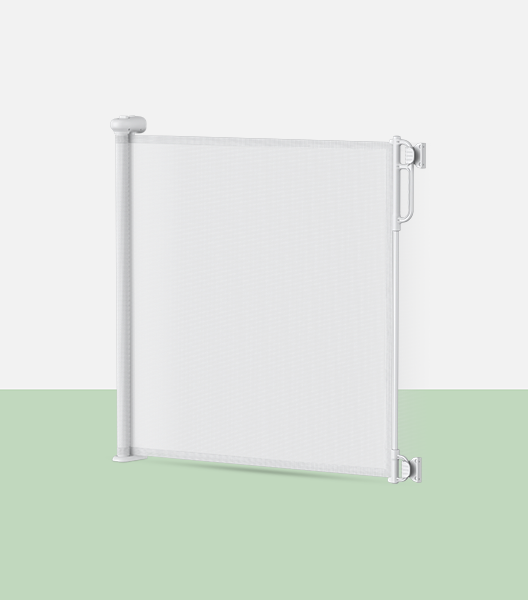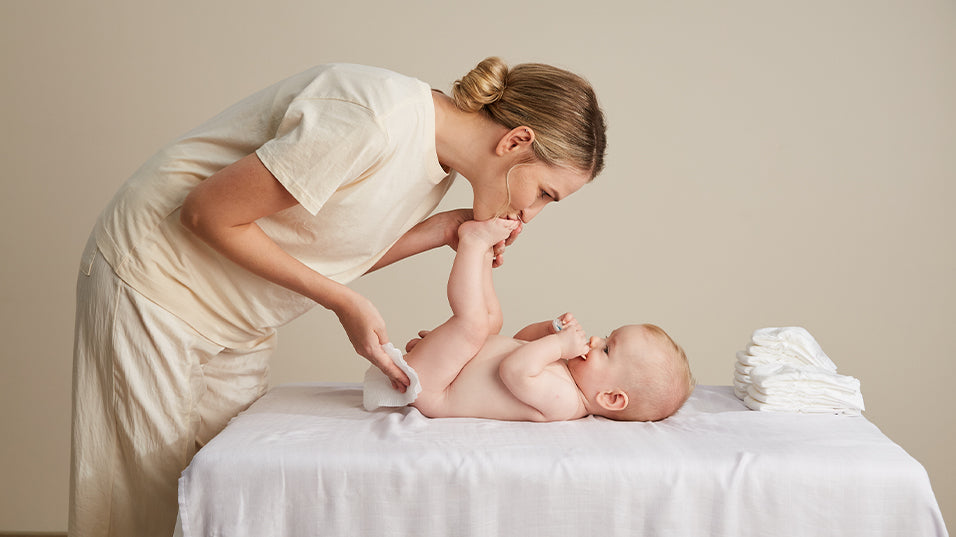As a parent, you may have many questions about your baby, but these may not be the regular questions, such as ‘how often do I need to feed my baby?’. While some questions may be more common, there are certainly some quirky questions that every parent should know about- even if it is out of pure interest. Let’s look at a few examples:
1. Why do babies smell so good?
Many people indeed find the scent of a newborn baby to be irresistible. Some experts believe this is because the baby's skin is rich in oils and bacteria, which can produce a pleasant aroma. It is also especially true for mothers to find the smell of babies extremely satisfying.

2. Why do babies have blue eyes at birth?
Most babies in the United States are born with blue eyes, even if they are not genetically predisposed to have blue eyes. This is because the iris (the colored part of the eye) contains little pigment at birth. As the baby grows and is exposed to light, the iris becomes darker and takes on its true color.
3. Can newborn babies see?
As a matter of fact, newborn babies can see. However, their vision is blurry, and they only see in shades of gray and blue. A newborn baby can see between 8-12 inches away, but anything further than that becomes blurry, as mentioned above. Newborns are also sensitive to light.
4. Why do babies have such soft skin?
Babies have soft skin because they are constantly shedding their outer layer of skin cells and replacing them with new ones. This process is known as exfoliation. This is why it is important to ensure that any creams or oils used on your baby will not harm them.

5. Why do babies have such big heads?
Babies have big heads to accommodate their developing brains. In fact, the head makes up about a quarter of a newborn's total body length. Do not fret, though! This is completely normal.
6. Why do babies spit up so much?
Babies spit up because their digestive systems are still developing. They may have trouble keeping their food down or may produce more saliva than they can swallow. This is usually nothing to be concerned about as long as the baby is gaining weight and otherwise appears healthy. Remember to always keep several bibs with you if you are out of the house for the day because your baby is sure to spit up once or twice.
7. Why do babies cry so much?
Babies cry to communicate their needs. They may cry when they are hungry, tired, or in need of a diaper change. It's essential for parents to try to understand the reason for their baby's cries and respond accordingly. As the weeks and months go on, you will begin to recognize different cries from your baby and what each type of cry means. It is a natural instinct to pick up on these things as parents.
8. Will shaving a baby’s first hair make it grow thicker?
Shaving your baby’s head will not make it grow back thicker. The thickness of a baby’s hair is determined by genetics; cutting the hair doesn’t affect the hair follicles in the dermis.

9. Can newborns recognize their mother’s smell?
Yes, newborns can recognize their mother's smell. In fact, research has shown that newborns have a strong preference for the smell of their mother's breast milk and can differentiate it from the smell of other milk. Newborns also strongly prefer the smell of their mother's amniotic fluid and can recognize it after birth. This ability to recognize their mother's smell is thought to be important for bonding and breastfeeding.
10. Does the belly button shape depend on how the umbilical cord was tied at birth?
The shape of a person's belly button (umbilicus) is not determined by how the umbilical cord is tied at birth. The size and shape of the umbilical cord and the amount of fat in the abdomen determine the shape of the belly button. Some people may have a small, shallow belly button, while others may have a larger, deeper belly button. The shape of the belly button may also change over time due to weight gain or loss, aging, or pregnancy.
11. Do babies scare themselves with their own hands in their sleep?
It is not uncommon for babies to startle or wake themselves up with their own movements while they are sleeping. This can happen when they suddenly wave their arms or legs or touch their own face or other parts of their body. It is not accurate to say that babies "scare" themselves with their own hands, as babies do not have the cognitive ability to be scared like adults and older children.
Instead, these movements may simply be a reflexive response to stimuli in the environment or bodily sensations. Did you know that babies have approximately 70 reflexes?
12. If your baby’s hands feel cold, should you dress them in warmer clothes?
It is normal for a baby's hands and feet to feel cool to the touch, as babies have poor circulation in their extremities. This is because their bodies are still developing and are not as efficient at regulating their temperature as adults. However, if your baby's hands feel cold and their body feels cool to the touch overall, it may be a sign that they are too cold and may benefit from wearing warmer clothes, in which case you should add a few layers on.
Alternatively, if your baby’s hands and feet are cold, however, their back feels warm, then they are not cold.
It is generally recommended to dress infants in layers so that you can add or remove clothing as needed to keep them comfortable. You should also be sure to keep the room at a comfortable temperature for an adult, as babies cannot regulate their body temperature as well as adults and may get too cold easily.
As a parent, it's natural to have questions about your baby's development and behavior. Don't hesitate to ask your doctor for more information. It's always better to be informed and prepared for any quirky questions that may come up.








Leave a comment
This site is protected by hCaptcha and the hCaptcha Privacy Policy and Terms of Service apply.